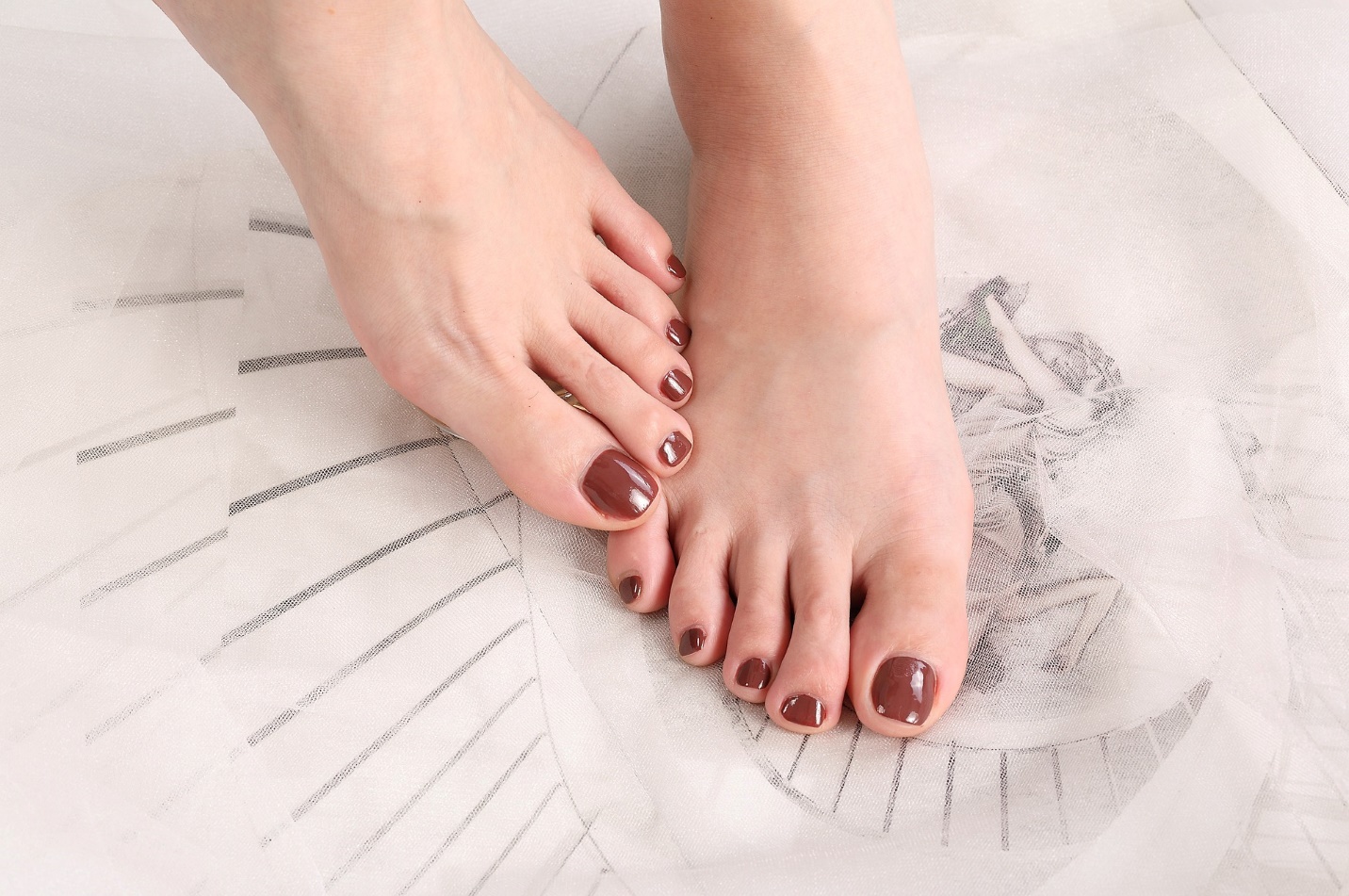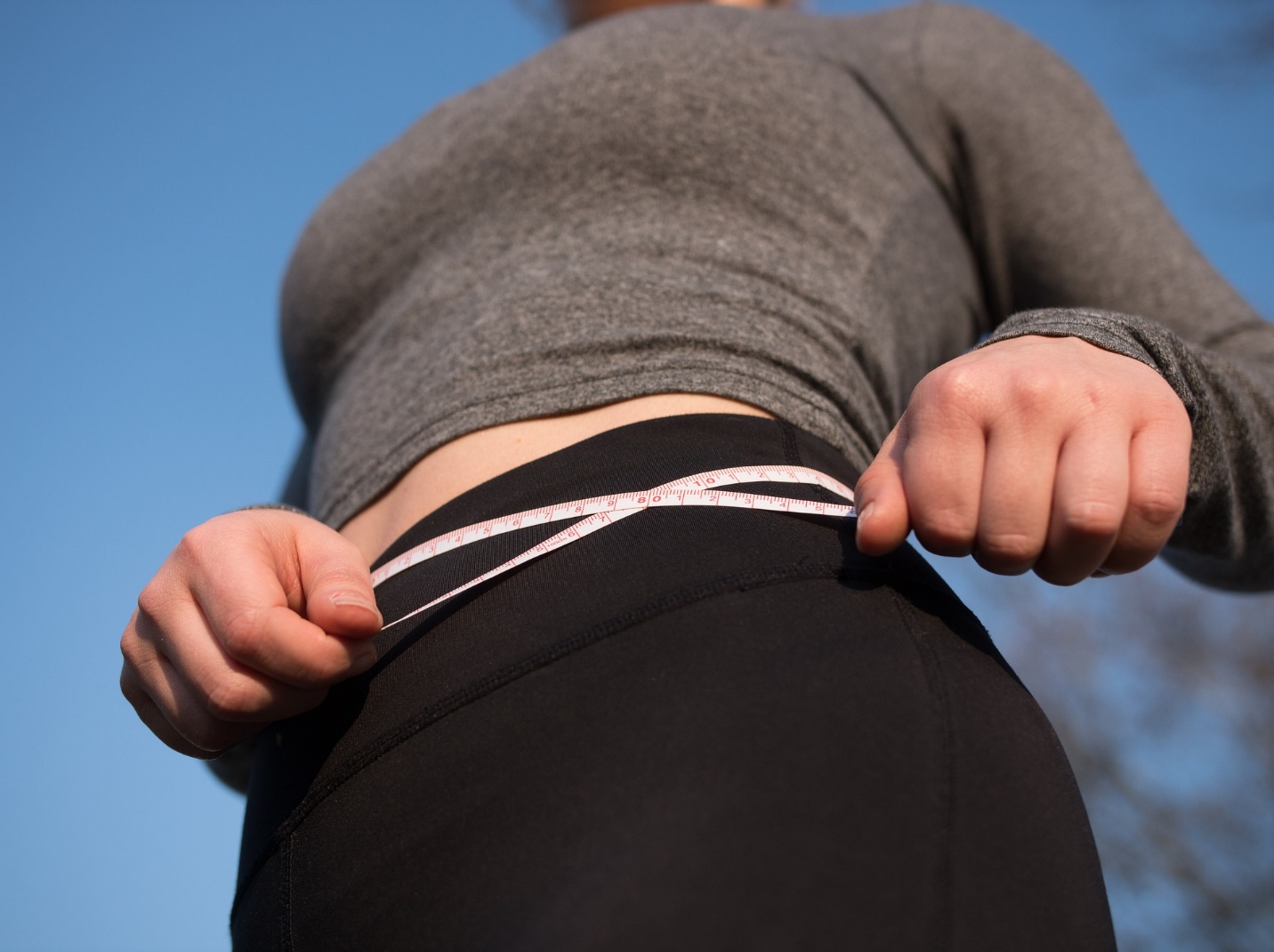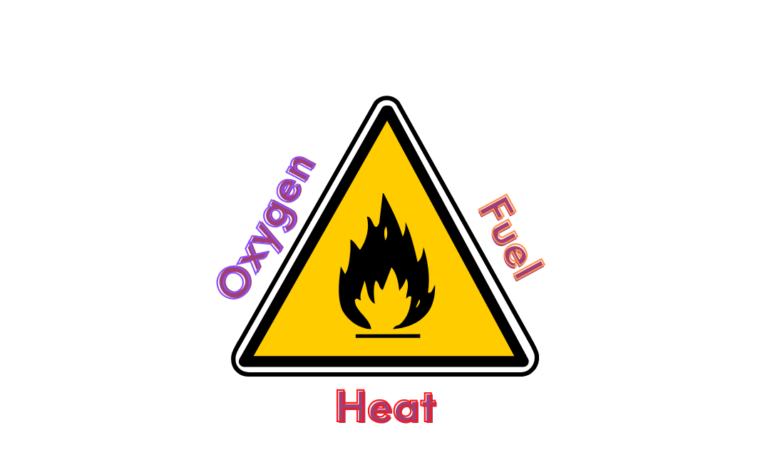Simple tips for hair care
- Use shampoo and conditioner without sulfates to gently clean and care for your hair.
- Don’t wash your hair with hot water because it can strip your hair of its natural oils.
- Using a wide-tooth comb or a detangling brush, carefully work your way through knots and tangles, starting at the ends and working your way up to the roots.
- Don’t make hair dryers and straighteners part of your daily routine if you can help it. A spray can be used to protect them from the oven if you must use them.
- Tight hairstyles like ponytails and braids put stress on your hair and can lead to breakage.
- Once a week, give your hair a deep conditioning treatment to maintain its health and moisture.
- Avoid using hair dyes and relaxers, which include harsh chemicals that can dry up and brittle your hair.
- You may protect your hair from the sun by wearing a hat or by using a leave-in conditioner that contains sunscreen.
- Consume enough of water and a balanced diet rich in protein and vegetables to promote healthy hair development.
If you use too much product to style your hair, it will get heavy and look greasy.
Simple tips for nail care
- Maintain neatly filed and trimmed nails at all times. Trim your fingernails all the way down, and then smooths down any rough spots using a file.
- Avoid biting your fingernails. As well as increasing the risk of infection, biting your nails can damage the nail bed and cuticles.
- Soothe your nail beds and cuticles. It’s easier for dry, brittle cuticles to crack and peel than it is for wet ones to do the same. Use cuticle oil or cream regularly to keep your cuticles supple and healthy.
- Do not use anything overly abrasive on your nails. Some nail polishes and removers include harsh chemicals that can weaken and break your nails. Products free of formaldehyde, toluene, and phthalates should be prioritized.
- Never soak your nails for an extended period of time. Soaking your nails in water for too long will weaken the nail bed, making it more likely that your nails will break.
- Use nail paint that has a chemical that will reinforce your nails. Use a nail polish with a strengthening formula if your nails are prone to breaking because they are weak or brittle.
- Make sure your nails are well protected. Always wear gloves to safeguard your nails from dirt and chemicals when doing chores around the house or in the garden.
- Avoid exposing your nails to extremely high temperatures. It’s best to keep your nails out of the elements (especially the heat and cold) if you care about their health.
- Eat healthful food. Because keratin (a protein) is the main component of your nails, getting enough of it in your diet is crucial for maintaining their health.
- Manicure and pedicure frequently. Manicures not only keep your nails looking clean and healthy, but also help prevent ingrown nails and other nail problems. If you want to lessen your risk of getting an infection, it’s crucial that you go to a reputable salon and make sure all of the equipment they use has been properly sterilized.
Tips for reducing body weight
- Choose nutrient-dense meals like fresh produce, lean proteins, and whole grains to keep your diet balanced and healthy. Avoid junk food, sugary drinks, and fast meals as much as possible.
- Try to work out as often as possible: Exercise for at least 75 minutes per week at a high level, or 150 minutes per week at a moderate intensity.
- A strength training program should consist of: Include both cardio and weight training in your fitness routine for optimal results. Gains in lean body mass, enhanced metabolic rate, and general body improvement may result from this.
- Make sure you get lots of water: It will be much simpler for you to adhere to your healthy eating plan if you drink plenty of water because it will help you feel fuller for longer and ensure that you stay hydrated.
- Consume your food cautiously and slowly: When you eat, make sure you take your time and focus on what you’re consuming. This may help you feel full and satisfied, which can keep you from eating more than you need to.
- Get adequate rest: obtaining the recommended amount of sleep each night is critical for successful weight management. Aim to get between 7 and 9 hours of sleep each night.
- Reduce your stress levels, as high stress levels have been linked to increased weight gain. Consider trying out some stress-relieving activities like meditation, yoga, or exercise.
- Sugary drinks and snacks can both contribute to weight gain and should be avoided as much as possible. Sugary drinks and snacks should be reduced as much as feasible.
- Consume some form of protein with each of your meals. Protein can help you feel full and satisfied for longer, which can assist you in maintaining your weight loss objectives.
- Find a support network. Maintaining your motivation and staying on track with your journey to lose weight can be easier if you have a supporting network of friends and family members.





